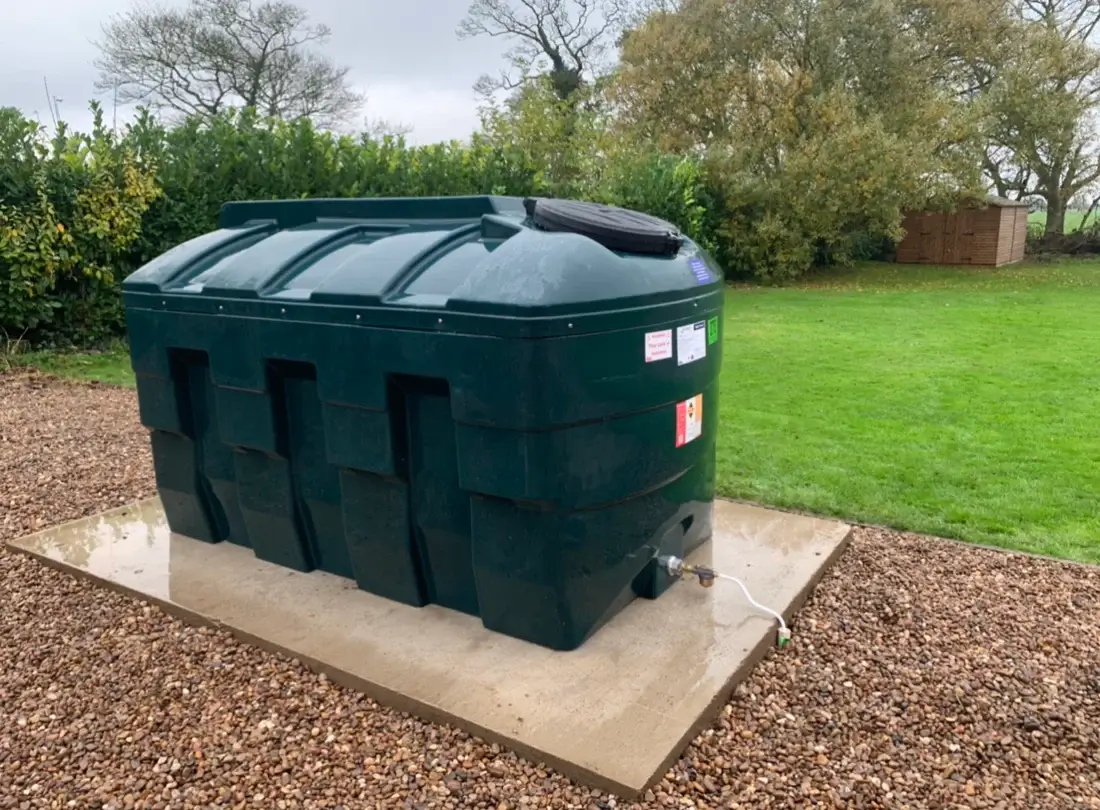Homeowners need to carefully consider all their options before choosing an oil tank service provider for their needs. They need to ensure that their tank size is correct and that it can fulfill all the heating requirements of their house. They should also pay attention to the pricing. However, pricing should only be considered after assessing the rest of their services.
Customer Service
When choosing an oil tank service provider, look for one who prioritizes customer service. This means ensuring their customers get the best oil tank size for their home and handling all installation processes safely and accurately. In addition, they should make sure the installation complies with local building regulations and support any regulatory issues as needed.
A good company will also provide regular maintenance and inspections to prevent oil spills from occurring. This will help you save money and protect your property, the environment, and health.
A routine oil tank inspection from professionals like oil tank services grand view-on-Hudson NY can add value to your property if you sell it. It can show prospective buyers that the tank is in good condition and is safe to use. Leaks in underground tanks can contaminate soil and groundwater, so testing for signs of contamination, such as dead vegetation around the tank or sheens on water, is important. These tests can help determine how far the contamination has spread.
Experience
Above all else, you want to ensure that your oil tank service provider has the experience to install your new heating oil tank properly. They should be able to determine the right size for your home, ensure that it is securely installed, and answer any other questions you may have.
When contacting an oil tank service company, always request a copy of their license and certifications. Knowing they are fully trained, insured, and qualified to perform the work will give you peace of mind.
It is also good to ask your oil tank service provider about their history with other clients. A company with positive customer feedback and recommendations is a solid sign of its reliability. Additionally, it would be best to inquire about their insurance coverage to ensure that you are protected in case of any damages or injuries that could occur during the installation process.
Reputation
Choosing a company with a good reputation in the industry is important. You can ask friends and family about their experiences with a particular company or get suggestions from online reviews. A company with a good reputation will prioritize customer service and provide quality work that satisfies you.
Before hiring, you should also check the company’s credentials and insurance coverage. This will ensure they are licensed, certified, insured, and skilled in installing oil tanks. A company with OFTEC-certified engineers is preferable because they follow regulations from a not-for-profit third-party organization.
Additionally, a reputable company will take soil samples before digging to determine the location of a tank leak. This is because the site of a tank can affect the surrounding environment, potentially polluting soil and groundwater. Additionally, a leaking tank can damage the structural integrity of a home if it is located underground. Therefore, hiring a reliable company that can perform a thorough soil test and clean-up before proceeding with the tank removal process is important.
Pricing
Understanding oil tank services costs empowers homeowners to make informed choices and ensure that the installation, removal, cleaning, or decommissioning process proceeds smoothly and within their budget. By evaluating the experience of service providers, assessing additional fees, and prioritizing quality and professionalism, homeowners can choose a company that best suits their needs.
The costs of installing and replacing an oil tank vary by size, location, and type. The most expensive installations typically require the excavation of a buried underground tank, while the lowest-cost installations are those of an aboveground tank in inaccessible places like basements.
In addition, the cost of removing an oil tank is impacted by its condition. A dented, rusted, or otherwise damaged tank is more difficult to remove safely and can incur additional charges for the disposal of contaminated soil. These additional charges can add up and push overall costs higher. For these reasons, selecting an oil tank service provider prioritizes environmental responsibility is important. Read more exciting articles on Apnewsday

 Education7 months ago
Education7 months ago
 Health7 months ago
Health7 months ago
 Game7 months ago
Game7 months ago
 Business7 months ago
Business7 months ago
 Tech7 months ago
Tech7 months ago
 Travel7 months ago
Travel7 months ago
 Entertainment7 months ago
Entertainment7 months ago
 Tech7 months ago
Tech7 months ago










